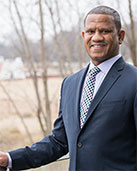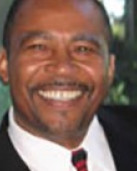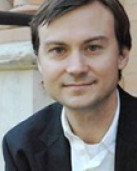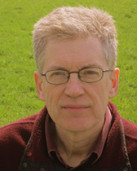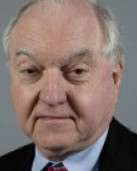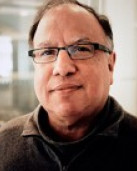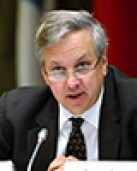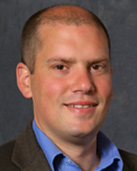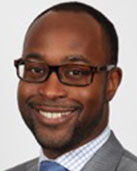Expert on misinformation and political beliefs
Professor of psychology and of learning sciences
Walter Dill Scott Professor
Rapp is an author on two upcoming studies that help explain the psychology behind the belief that President Trump won reelection in November:
“Current news reports have highlighted members of the Capitol mob as including individuals who refuse to accept recent election results. In this case, as in others recently, people seem both adamant and confident that their views and beliefs, which run counter to expert consensus, clear legal and media evidence, and in general just lack any strong proof. Our recent work has shown that one important factor influencing whether people take up new ideas, or rigidly adhere to their own existing beliefs, depends on their confidence in what they know. Overconfidence can lead to a snowball effect.
People’s overconfidence in issues such as how the government and elections operate, may make them resistant to listening to critical new information and discarding their faulty beliefs. As a consequence, they are also more willing to take up additional inaccuracies that fit with what they already know, and that help confirm that what they know makes sense.”
